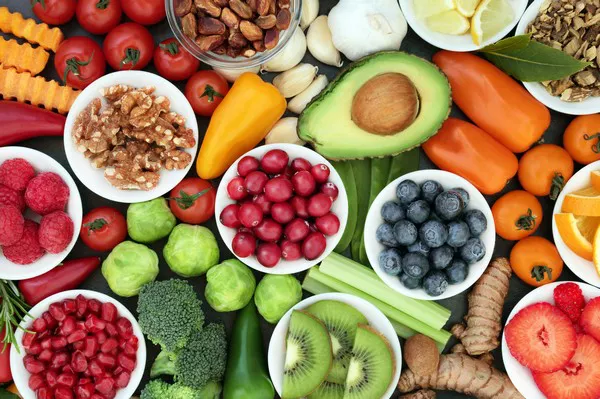Nutrition plays a pivotal role in maintaining overall health and well-being. Among the essential nutrients, protein and calcium stand out for their vital contributions to various bodily functions. In this article, we will conduct a comprehensive analysis of different foods to determine which ones offer a higher content of protein and calcium. By understanding the nutritional profiles of these foods, individuals can make informed dietary choices to meet their protein and calcium needs.
1. Protein-Rich Foods
Lean Meat and Poultry
Lean meats and poultry are excellent sources of high-quality protein. Chicken breast, turkey, and lean cuts of beef are not only rich in protein but also low in saturated fats. A 3-ounce serving of cooked chicken breast provides approximately 27 grams of protein, making it a popular choice for individuals seeking to boost their protein intake.
Fish and Seafood
Fish and seafood are not only protein-rich but also offer additional health benefits. Salmon, tuna, and trout are particularly noteworthy for their omega-3 fatty acids, which contribute to heart health. A 3-ounce serving of cooked salmon contains around 22 grams of protein, making it a valuable addition to a protein-rich diet.
Plant-Based Protein Sources
For those following a vegetarian or vegan diet, plant-based protein sources are essential. Legumes such as lentils, chickpeas, and black beans provide a substantial amount of protein along with dietary fiber. Additionally, tofu and tempeh, derived from soybeans, offer a protein-packed alternative to animal products.
See Also: 15 Veggies That Are Rich in Protein
2. Calcium-Rich Foods
Dairy Products
Dairy products are well-known for their calcium content. Milk, yogurt, and cheese are rich sources of calcium that also provide other essential nutrients like vitamin D and protein. Greek yogurt, in particular, is prized for its higher protein content compared to regular yogurt, along with its calcium contribution.
Leafy Green Vegetables
Certain leafy green vegetables are surprisingly rich in calcium. Collard greens, kale, and broccoli are excellent choices for individuals seeking to increase their calcium intake. These vegetables offer the added benefit of being low in calories and packed with vitamins and minerals.
Fortified Foods
Some foods are fortified with calcium to provide an extra nutrient boost. Fortified plant-based milk alternatives, such as almond milk, soy milk, and oat milk, are often fortified with calcium and other nutrients to mimic the nutritional profile of dairy milk.
3. Protein vs. Calcium: Finding the Balance
Dairy as a Dual Source
Dairy products, such as Greek yogurt and low-fat cheese, serve as dual sources of both protein and calcium. Incorporating these dairy options into your diet can contribute to meeting both protein and calcium requirements simultaneously.
Plant-Based Combinations
For those following a plant-based diet, it’s important to strategize to ensure adequate intake of both protein and calcium. Combining legumes with leafy greens or consuming fortified plant-based milk can help achieve a balanced nutritional profile.
4. Dietary Considerations
Individual Needs
The recommended daily intake of protein and calcium varies based on factors such as age, gender, and activity level. Consultation with a registered dietitian or healthcare professional can help determine the appropriate amounts for individual needs.
Food Allergies and Sensitivities
Individuals with food allergies or sensitivities may need to explore alternative sources of protein and calcium. For example, those with lactose intolerance can opt for lactose-free dairy products or seek non-dairy calcium-rich options.
Conclusion
In conclusion, both protein and calcium are essential nutrients that play vital roles in maintaining optimal health. Lean meats, poultry, fish, dairy products, leafy greens, and fortified foods offer diverse options to enhance protein and calcium intake. By incorporating a variety of these nutrient-rich foods into your diet, you can promote bone health, muscle function, and overall well-being. Tailoring your dietary choices to include foods that provide a balanced combination of protein and calcium ensures that you’re nourishing your body with the nutrients it needs to thrive. Remember, maintaining a balanced and nutrient-rich diet is key to supporting your long-term health goals.


